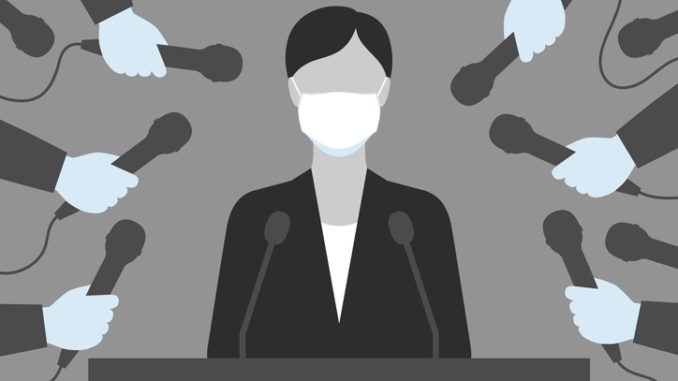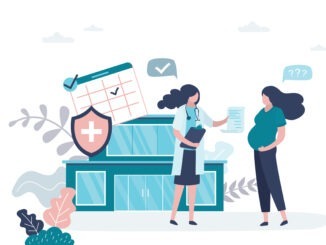
Helen Salisbury, a GP, on how the new secretary of state for health and social care has less than impressed GPs in his first few months
England’s secretary of state for health and social care did not attend his face-to-face appointment with 1,500 GPs at their annual conference; he was offered the opportunity of a video consultation, but he turned that down too.
When patients don’t turn up, GPs have mixed reactions. The first usually includes relief, as it gives us some time to catch up. The second is irritation, as another patient would gladly have used that slot. The third is an awareness of a wasted opportunity to build a relationship with a patient (it’s often our more difficult patients who miss appointments) or to help them improve their health.
It would have been good if Sajid Javid had taken this opportunity to improve his relationship with an important part of the NHS workforce. That he chose not to did little to impress a group of health professionals who already have much to be disappointed about. One of the key requirements of a good leader is that you back your team, helping them when things get tough. Of course, you should investigate and enable necessary change when things go wrong, but your staff should have no doubt whose side you’re on. If any patient is rude to my reception staff, I’m straight out there in the waiting room to sort it out, letting them know that this is not acceptable. In contrast, in the face of abuse from certain sectors of the popular press concerning difficulties in seeing GPs in person, our health secretary has visibly taken a populist stance against the profession.
COVID has forced a change in how we work and, contrary to what you might believe from government messaging, the pandemic is still ongoing. We’d already started changing – some of us reluctantly, and under pressure from Javid’s predecessor, Matt Hancock, to offer more remote consultations – before the risk of infection made it a necessity.
Many patients are pleased with the increased convenience this offers, and it’s not clear whether the call for more face-to-face consulting really is patient-driven. The main problem is not the type of appointment on offer, but the mismatch between the number of patients and their needs (which is rising) and the number of GPs (which is falling).
All of this leaves us wondering what’s fuelling the vilification of GPs by both the press and the secretary of state. Its effect is to force older GPs into retirement, and make younger doctors doubt the wisdom of choosing this career path. We must not let this abuse drive a wedge between us and our patients; we want to serve them to the best of our abilities, and most of our patients understand this.
We’re trying our hardest, working 12-hour days and still fearing that we may have missed something. We’re struggling to meet everyone’s medical needs – and we clearly can’t satisfy all of their demands. A small carrot, in the form of a little money to spend on non-existent locums, and a big stick in the form of ‘league tables and hit squads’ for failing practices will do nothing to improve doctor morale or patient care.
I wish Mr Javid hadn’t DNA’d his face-to-face appointment. Had he attended, he could have learnt much to help him in his new job.


Be the first to comment